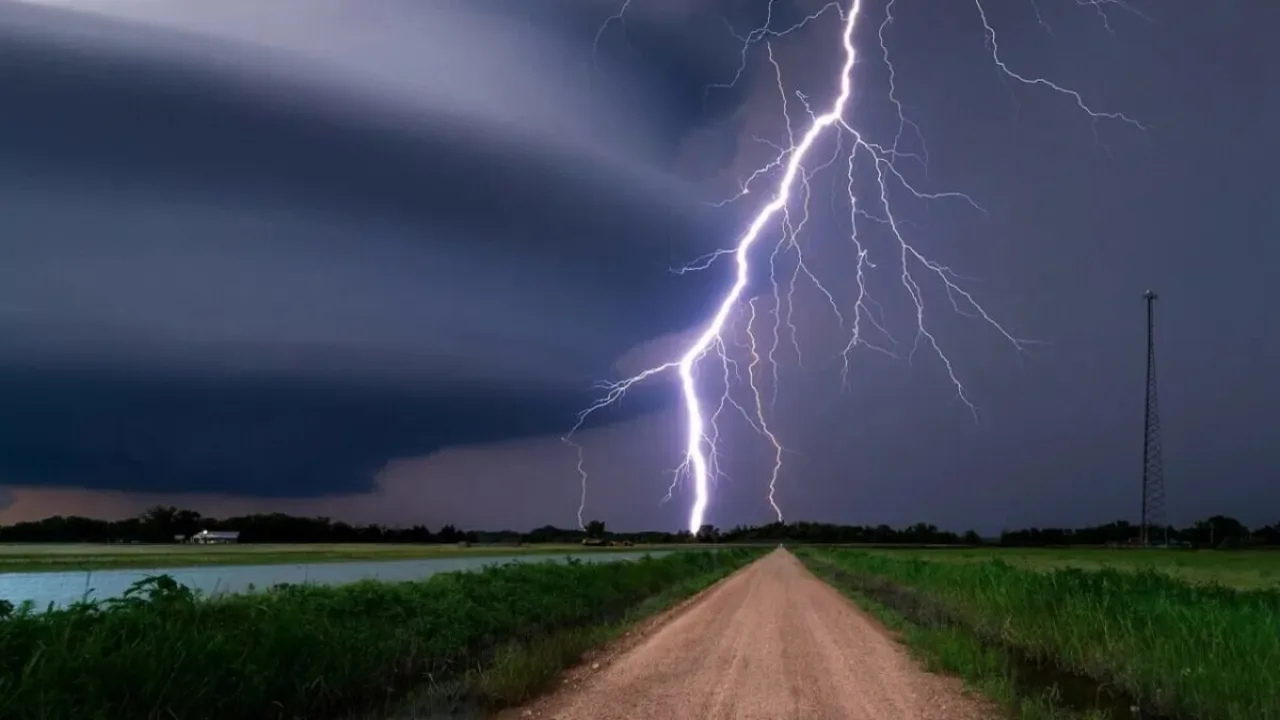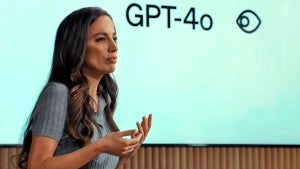News
AI arrives in your weather app: more accurate than all current tools
Weather has caught up with meteorologists... quite literally.

- November 15, 2023
- Updated: March 7, 2024 at 1:53 PM
Few things please us more than knowing the weather forecast. Meteorology is a science that obsesses millions of people, and over the years, meteorologists have been improving their accuracy… until now.
Google DeepMind, the artificial intelligence arm of the search giant, has just announced a new weather prediction model that outperforms traditional systems in over 90% of cases.
Dubbed as GraphCast, this machine learning model promises 10-day forecasts that are superior, quicker, and more energy-efficient than the tools currently powering your weather app.
“We believe this marks a turning point in weather prediction,” write the Google researchers in a study published this Tuesday.
A new, cheaper, and more accurate model: AI serving science
The current prediction model is generally referred to as “numerical weather prediction (NWP).” NWP involves inputting current meteorological conditions into vast models that simulate forthcoming changes based on the principles of fluid dynamics, thermodynamics, and other atmospheric sciences. It’s complex, expensive, and demands significant computational power.
In contrast, GraphCast breaks tradition by emphasizing historical data instead of simulating how molecules fly and collide. In other words, it’s a machine learning model that predicts based on past occurrences. While there’s a lot of computer science involved, it’s generally simpler in terms of the level and number of calculations required.
GraphCast starts with the current state of weather on Earth and data from six hours ago. It then predicts the weather six hours ahead. Subsequently, GraphCast reintroduces these predictions into the model, conducts the same calculations, and issues longer-term forecasts.
Google’s team compared GraphCast’s results with the current medium-term weather prediction model, known as HRES. According to the study, GraphCast “significantly” outperformed HRES in 90% of the test objectives.
Surprisingly, GraphCast also excelled in predicting extreme weather phenomena, such as tropical cyclones and sudden temperature changes, despite not being specifically trained for these scenarios.
The study’s authors emphasize that their work is intended to complement the standard systems relied upon by meteorologists. “Our approach should not be seen as a substitute for traditional methods of weather forecasting,” the study authors wrote.
Journalist specialized in technology, entertainment and video games. Writing about what I'm passionate about (gadgets, games and movies) allows me to stay sane and wake up with a smile on my face when the alarm clock goes off. PS: this is not true 100% of the time.
Latest from Chema Carvajal Sarabia
- A Florida man sues Netflix for how bad the Mike Tyson VS Jake Paul fight looked
- OpenAI has just enhanced ChatGPT-4o to be “more creative than ever”—the result is terrifying
- It seems that Google has decided to once again cancel one of its most anticipated products
- The reason we don't have Alexa with AI yet? It's still too dumb
You may also like

Niantic has been using Pokémon Go player data to train its AI
Read more

Five years later, a key piece of Star Wars is finally published
Read more

The streamer who performed the hardest combo in Kingdom Hearts 2 and didn't win anything in return at all
Read more

Google renews Circle to Search: new interface and improved access to features
Read more

A Florida man sues Netflix for how bad the Mike Tyson VS Jake Paul fight looked
Read more

OpenAI has just enhanced ChatGPT-4o to be “more creative than ever”—the result is terrifying
Read more